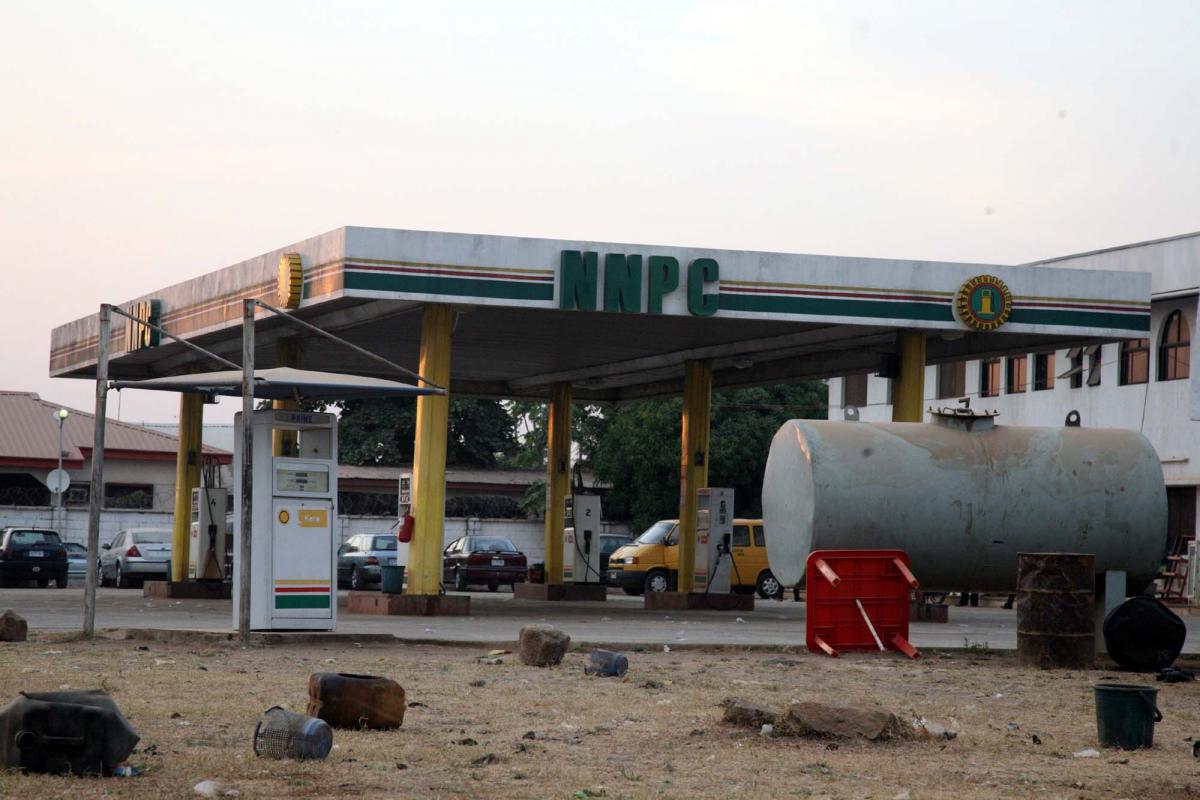There are no products in your shopping cart.
| 0 Items | £0.00 |


NIGERIAN National Petroleum Corporation (NNPC) officials have revealed that revenue from petrol sales dropped by a whopping 47% during the month of April as a result of the coronavirus shutdown and the reduction in pump prices.
At the height of the pandemic, Nigeria shut down her economy like most other countries, asking its citizens to stay at home, paralysing travel. This led to a dramatic drop in the use of petrol and with the lockdown hurting the economy in several other ways too, the government decided to reduce pump prices to mitigate the effects on the population.
Due to the combination of all these factors, the NNPC saw its petrol revenue drop by 47.38% to N107.61bn ($277.34m). Following the sharp drop in global crude oil prices, the pump price of petrol, which is still being regulated by the government, was reduced to N125 per litre from N145 per litre on March 18.
NNPC subsidiary the Petroleum Products Marketing Company (PPMC) is principally engaged in the supply and marketing of refined petroleum products to the marketers/retailers on behalf of the corporation. According to the latest NNPC data, a total sum of N107.61bn was made from the sale of white products by the PPMC in April, down from N192.37bn in March and N211.41bn in February.
An NNPC spokesman said: “This comprised 941.11m litres of premium motor spirit (PMS), 47.16m litres of automotive gas oil and 1.78m litres of dual purpose kerosene. Total sale of white products for the period April 2019 to April 2020 stood at 21,027.4m litres and PMS accounted for 20,834.36m litres or 99.08%.”
Nigeria, Africa’s top oil producer, relies largely on imported refined petroleum products as its refineries have remained in a state of disrepair for many years despite several reported repairs. These refineries, which are located in Port Harcourt, Kaduna and Warri, have a combined installed capacity of 445,000 barrels per day but have continued to operate far below the installed capacity.
During his first term of office between 2015 and 2019, President Muhammadu Buhari had planned to rehabilitate the refineries to attain a minimum of 90% capacity utilisation. His plan was to use third party financiers and the original refinery builders to provide the requisite funding and technical support.
However, after over one-and-a-half years, negotiations with financiers were stalled in December 2018 due to varying positions on key commercial terms. Abba, Kyari, who took over the NNPC leadership in July 2019, had reiterated his plan to revamp the refineries and end fuel importation by 2023.